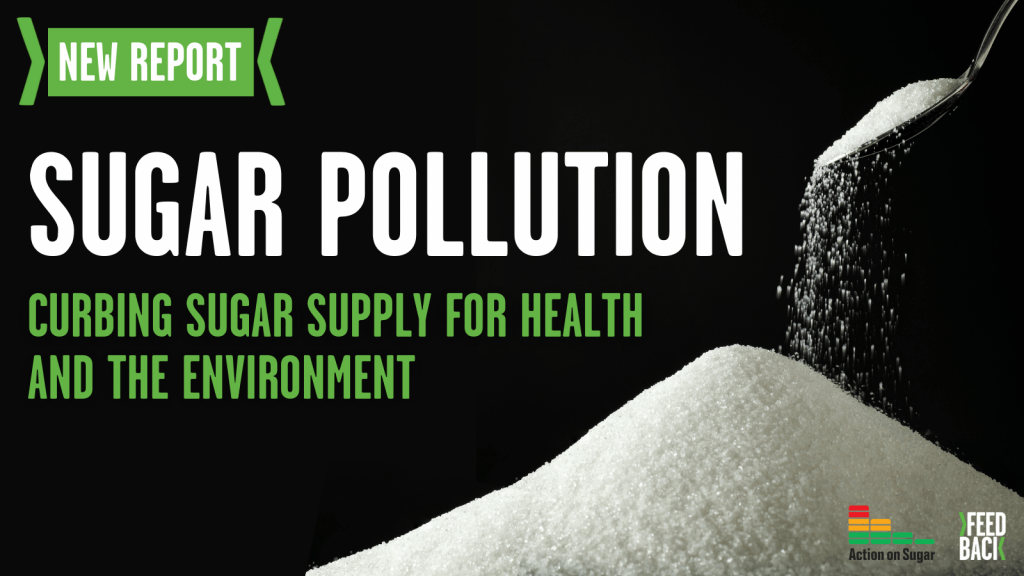“It is time to address supply and demand in an integrated way, freeing up land for the production of nutritious food to address the food security and cost of living crises, and reducing the health burden imposed by an oversupply of sugar.” [Action on Sugar]
.
Recently, questions were raised about the desirability and viability of such behavioural interventions as Meat tax? Sugar tax? Salt tax?.
Back in 2015, Public Health England looked at “Sugar Reduction: The evidence for action” – but not much ‘action’ seems to have issued from these concerns – apart from the relative success of the Soft Drinks Industry Levy of 2018.
However, it’s the supply of sugar which seems to dictate the market and government policy. Whether it was the success of the abolitionist campaign in 1807 or asking Indians to eat more sugar in 2020 – it’s been the problem of the oversupply of sugar.
And that’s very much where we are – according to campaigners demanding that we cap UK’s sugar supply to fight obesity, as reported in yesterday’s Observer:
Ministers should cap domestic sugar production to tackle Britain’s obesity crisis, according to a new report backed by health experts and environmental campaigners. The UK grows and imports more than two and a half times the population’s maximum recommended intake of sugar, according to Sugar Pollution, a report by environmental campaigners Feedback Global and Action on Sugar, a group of specialists in medicine, nutrition and public health.
That oversupply creates incentives for food manufacturers to use more in their products and for British farmers to grow sugar beet rather than fruit or vegetables, the report argues. The campaigners have called for a quota that would eventually cut sugar production in the UK by half, introduce tariffs on imports of sugar cane and refined sugar, and subsidise farmers to grow more fruit and vegetable crops. They also say that sugar producers should be treated according to the “polluter pays” principle, similar to rules on product packaging. This would require sugar producers and manufacturers to pay the hidden health and environmental costs of sugar to society.
The Action on Sugar group are calling this “Sugar Pollution“:

The UK faces rising ‘sugar pollution’: the impacts on public health and the environment of producing, importing and consuming too much sugar. The UK sugar supply is equivalent to over two-and-a-half times the amount needed to meet the population’s maximum recommended intake, driving tooth decay which hospitalises over 600 children a week, and contributing to levels of obesity that cost the NHS around £6.5 billion a year.
Yet despite this damage, the UK uses around 100k hectares of prime agricultural land to grow sugar beet, providing just over 50% of the UK’s sugar supply. This is wreaking havoc on topsoil and affecting biodiversity through an increasing reliance on neonicotinoid pesticides. Sugar cane has its own problems – requiring large amounts of water and chemicals to produce and needing to be transported over huge distances.
To date, policies on sugar have focused mainly on reducing high sugar consumption while failing to address the oversupply of sugar flooding the market. So far, this strategy has not paid off: the final report from the government’s voluntary reformulation programme found a 7% increase in total sugar sold across all foods included in the programme.
It is time to address supply and demand in an integrated way, freeing up land for the production of nutritious food to address the food security and cost of living crises, and reducing the health burden imposed by an oversupply of sugar.
Read more in Feedback and Action on Sugar’s new Sugar Pollution report: Sugar Pollution [PDF 7,290KB]
And the two groups have also produced another critical report: Sugar rush: How UK supermarkets drive high sugar sales
…